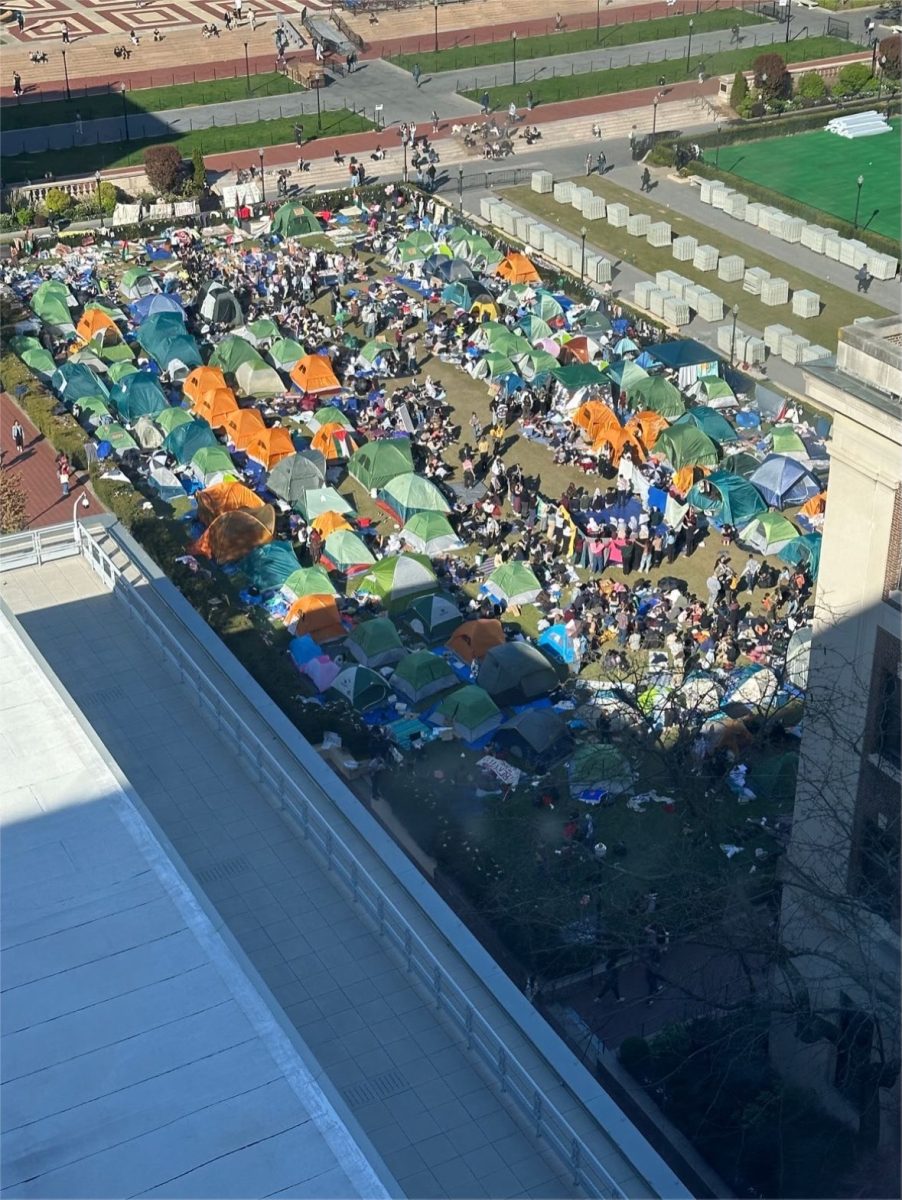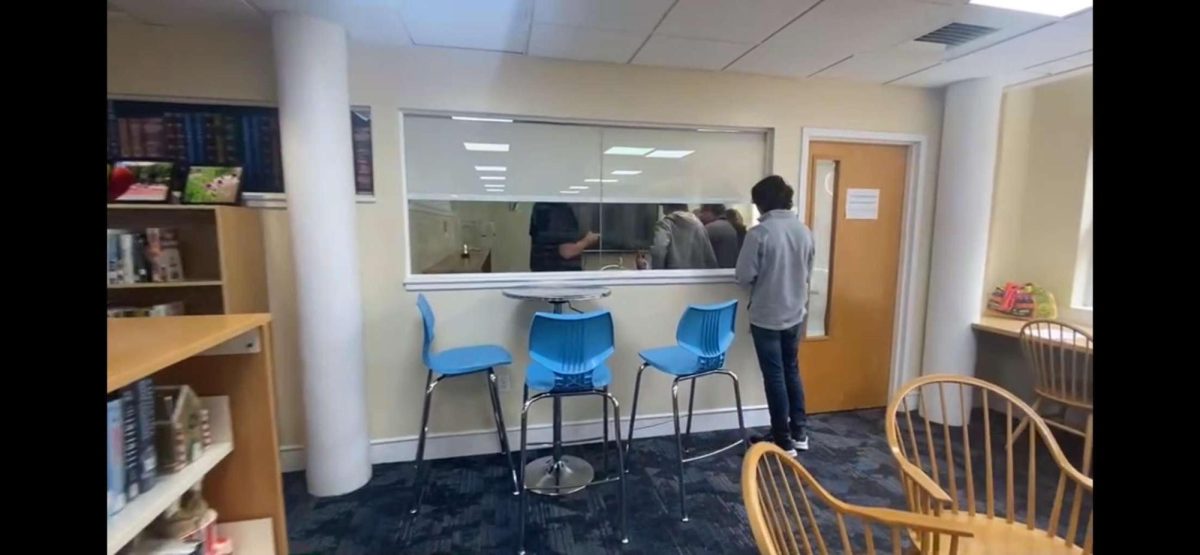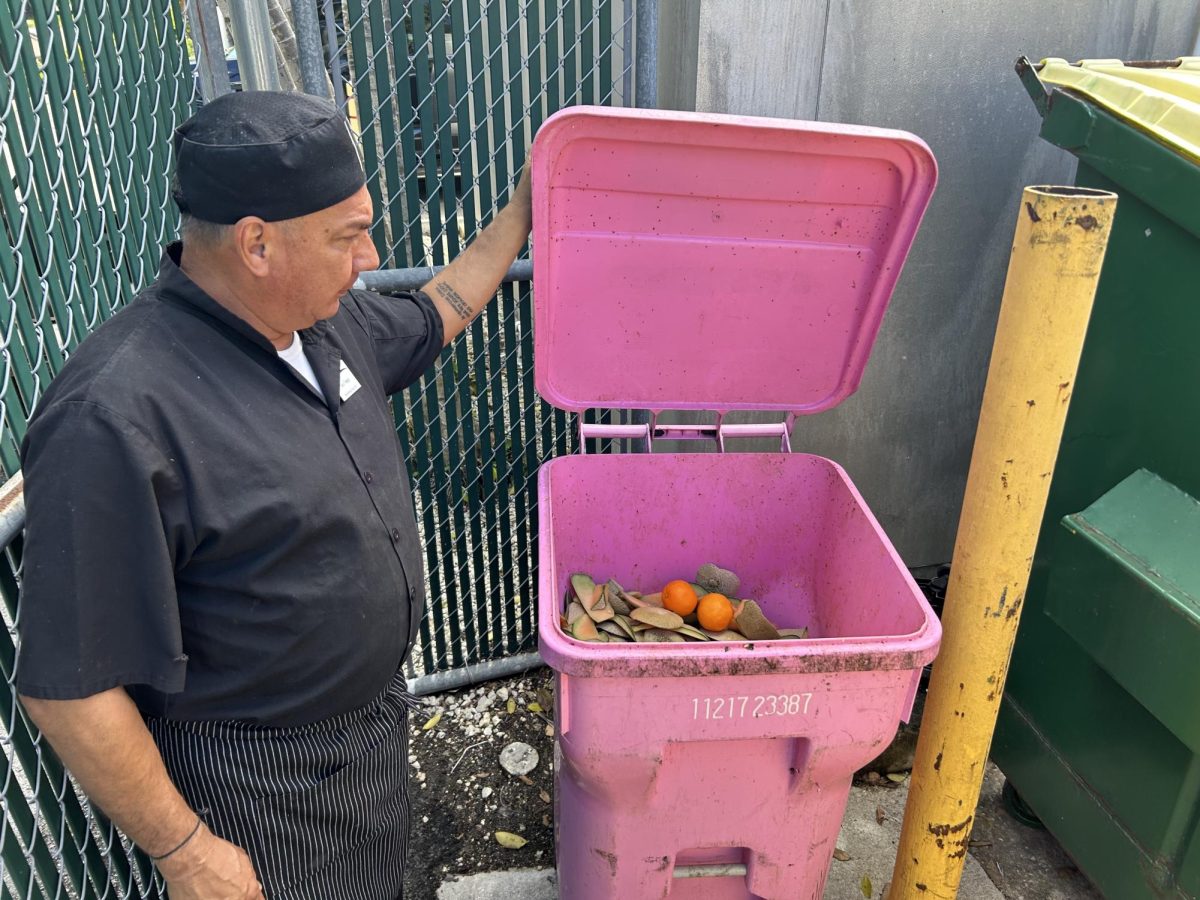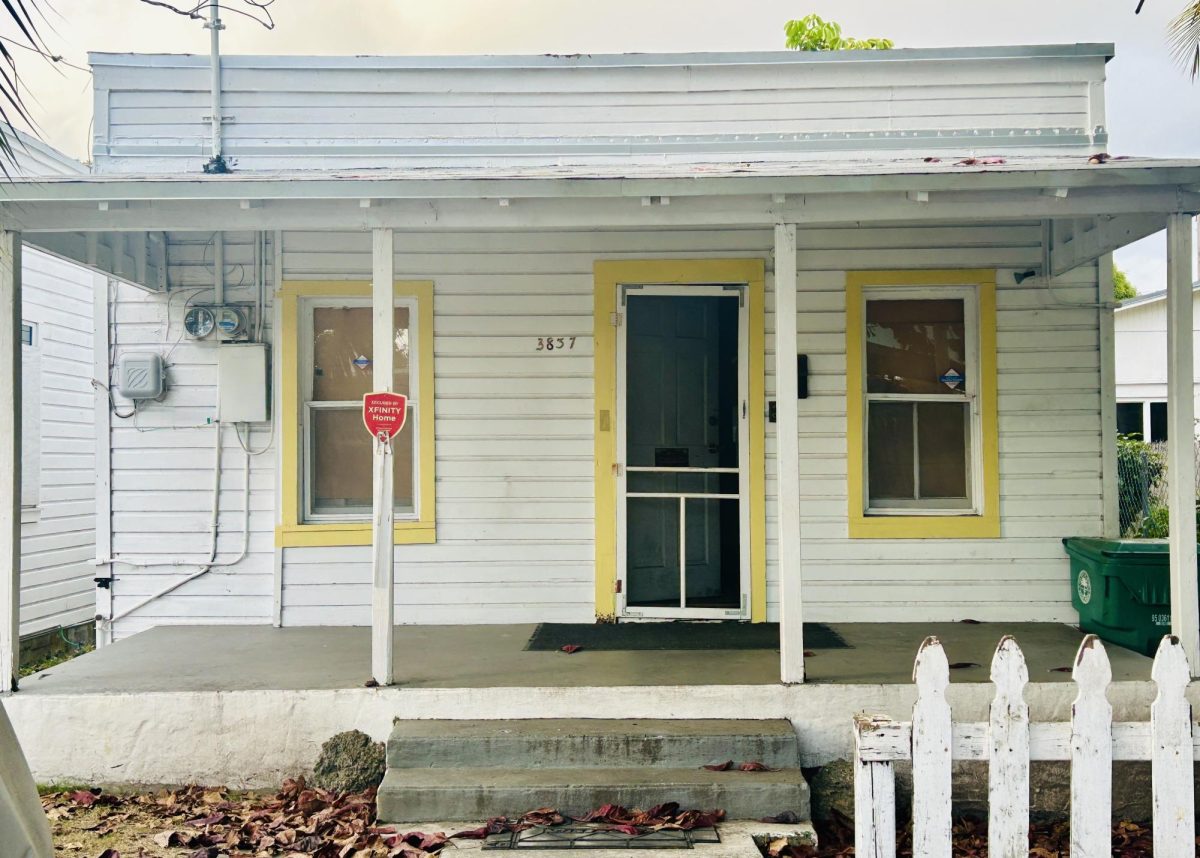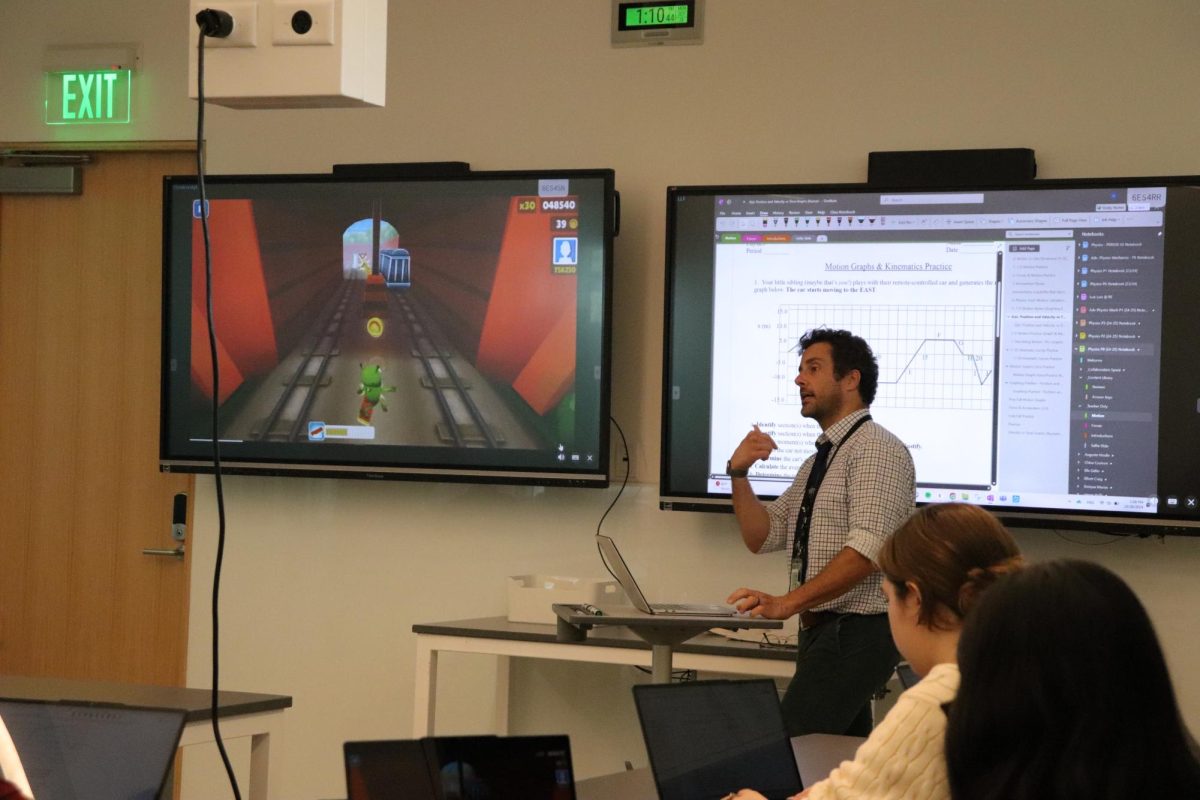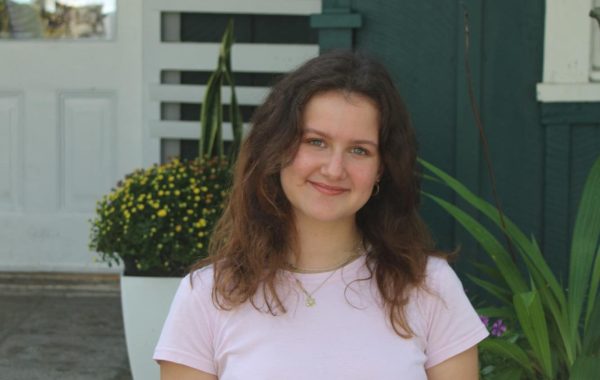Jewish students across the U.S. are now feeling bound to a different college application process than that of their peers. With the recent uproar of pro-Palestine and anti-Israel protests towards the end of the 2024 school year, a new deciding factor for many in the Class of 2025 has emerged: antisemitism.
While Jewish students have long been aware of the pervasiveness of antisemitism, scenes of intense hostility toward Jewish people have been largely absent in recent decades. However, recent events in the Middle East, coupled with the U.S.’s strong alliance with Israel, brought these issues to the forefront. Since October 7, 2023, U.S. college campuses have seen a sharp increase in antisemitic incidents following the Hamas attack on Israel. The Anti-Defamation League (ADL) reported over 400 incidents on college campuses in the months after the attack, compared to just 33 during the same period in 2022.
At Columbia University, according to the New York Post, Jewish students were subjected to chants supporting Hamas and told to “Go back to Europe,” with some even reporting physical harassment, such as being spat on. Encampments protesting Israel’s war on Hamas have taken over parts of the campus and become sites of widely publicized hate speech, creating an environment of fear and hostility. A letter from Jewish students at Columbia, written by Eliana Goldin, Elisha Baker, Rivka Yellin, and Eden Yadegar, described their experience: “We do not bang on drums and chant catchy slogans. We are average students, just trying to make it through finals much like the rest of you. Those who demonize us under the cloak of anti-Zionism forced us into our activism and forced us to publicly defend our Jewish identities.”
Similarly, at the University of Pittsburgh, a Jewish student wearing a Star of David necklace was attacked by a group using antisemitic language, according to CBS News. At UCLA, anti-Israel protesters blocked a Jewish student’s path, yelling slurs, according to the Post. Students praying for their families, the hostages, or the survival of a Jewish state have faced harassment. Reports of vandalism, protests filled with antisemitic rhetoric, and students hiding in their dorms have underscored the severity of the issue. Many Jewish students have felt compelled to transfer colleges, drop classes, or hide their identities.
At RE, this climate has deeply affected how members of the Class of 2025 have approached the college admissions process. The application process, which traditionally asks students to reflect on how a school aligns with their future goals, has left many Jewish students reconsidering schools they once dreamed of attending.
Gavin Lieber, a current RE senior and Vice-President of the Jewish Students Association, shared his perspective: “The way that some colleges have handled the situations and the encampments that have been going on have rubbed me the wrong way, and I’ve wanted to not even visit those schools, frankly. And they’ve changed where I wanted to go to college.”
This sentiment is echoed by Jewish students across the country. Noa Ben-David, a senior at Posnack, a Jewish school in Davie, FL, added, “I once considered NYU, which is where my mom went, and she doesn’t even want me going there anymore because of all the antisemitism and all the encampments that are going on. And even though there are certain schools that I still want to apply to, my parents won’t even let me because they’re nervous for me.”
Parents are often at the forefront of their children’s college decisions, navigating a mix of excitement and fear. For some, it’s the first time sending a child away, while others have already experienced the unique anxieties of this process. David Rothstein P’25, a parent of a student in the Class of 2025, expressed his concerns: “As a parent, I can’t help but worry about the safety and well-being of my child in this current climate. It’s not just about education anymore; it’s about whether they’ll feel safe walking around campus or expressing their identity without fear.”
These concerns have contributed to an influx of Jewish students applying to schools with larger Jewish populations, while universities like UC Berkeley, NYU, and Columbia are seeing a noticeable decline in Jewish applicants.
However, other Jewish students feel a responsibility to persevere. Jonah Fishman ’25, RE senior and the president of JSA, reflected, “A couple months ago I realized, am I really not going to apply to colleges just because of this? I feel like, in a way, it’s like we’re losing because we’re letting them scare us out of the colleges. At the end of the day, this is the way anti-Semitism becomes stronger if they start getting us out of these places.”
Nevertheless, whether applicants choose to face it or not, the presence of antisemitism has become a factor in the college selection process, alongside other features that students typically weigh, such as academic programs and campus culture.
“There has not been a lot done to counterattack antisemitism at several college campuses, or there’s been a lot of anti-Israel sentiments and protests that haven’t really been deescalated or anything. I would be scared that no one would be protecting us Jewish students in any way, or that I wouldn’t have anybody that understands what I’m experiencing,” said Elle Geller ’25.
For Co-Executive Director of College Counseling Mr. Jordan Shapiro, these concerns are one more reason why applicants “need to look past rankings, past the campus life experience, and even past the academic
experience.”
“What is the social experience going to be like on campus? I think that’s where we might see some of a shift in priorities for Jewish students, prioritizing colleges that truly have strong Jewish communities,” he added.


